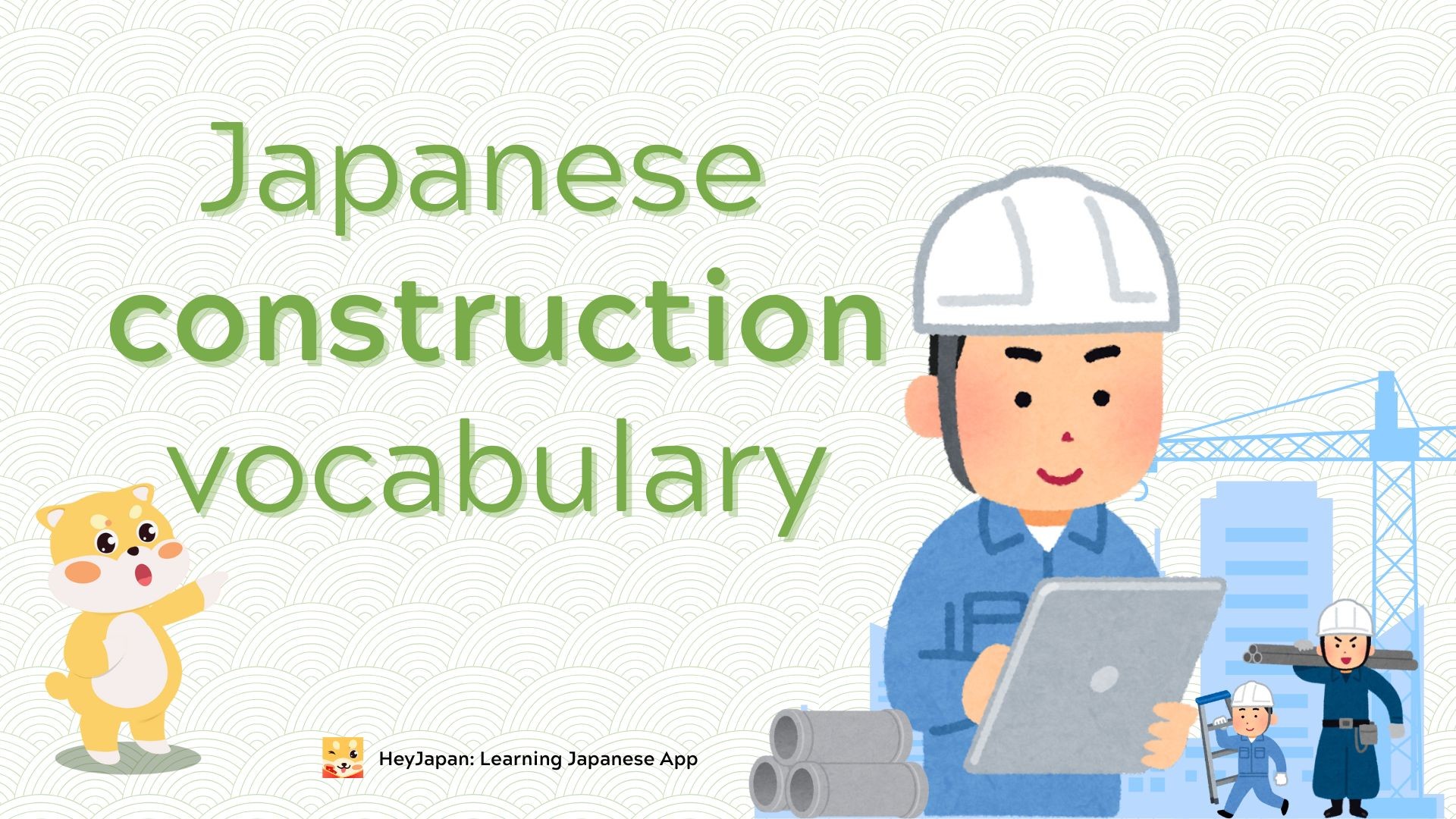- What Does Studying in Japan While Working Mean?
- Should You Study in Japan While Working?
- Conditions for Studying in Japan While Working
- Health Requirements
- Age Requirements
- Japanese Language Proficiency
- Documentation Requirements
- Regulations on Part-Time Work for Students
- The Journey and Costs of Studying in Japan While Working
- Study Journey in Japan
- Breakdown of Costs for Vocational Studies in Japan
- Opportunities and Challenges
- Tips for Studying and Working in Japan
- Conclusion
The question of how much it costs to study in Japan while working is a concern for many young people planning to set foot in this country. To effectively study in Japan while working, you need to have a clear understanding of the conditions, regulations, costs, and necessary considerations. This article will provide you with comprehensive knowledge about the cost of studying in Japan while working in 2024, helping you prepare thoroughly for your journey to conquer the Land of the Rising Sun.
What Does Studying in Japan While Working Mean?
Studying in Japan while working involves attending universities, colleges, or vocational schools in Japan and doing part-time jobs to cover living expenses. This method helps students alleviate the financial burden on their families, gain practical experience, and improve their Japanese language skills.
The cost of studying abroad in Japan while studying and working is a matter of interest
For those seeking a comprehensive study experience, studying in Japan while working is a reasonable choice. Not only do you get to learn at top universities globally, but you also have the opportunity to engage with companies in Japan. This enhances your communication skills, accumulates work experience, and helps you master the country's primary language.
Should You Study in Japan While Working?
Studying in Japan while working is suitable for those with a clear orientation for their major and future goals. Such students need to be independent, quickly adapt to new environments, and withstand the pressure of studying and working part-time. Determination, a learning spirit, and proactive behavior in both studies and work are essential. Effective time management to balance study and part-time work is also crucial.
Studying in Japan while working not only helps you accumulate specialized knowledge but also hones essential skills for future jobs, such as professional working skills, time management, and communication skills in a diverse working environment. This provides a significant competitive advantage when entering the job market later. However, it's important to consider the costs associated with studying in Japan while working, as this is a crucial factor when applying for study abroad.
Should I study in Japan while studying?
Conditions for Studying in Japan While Working
Health Requirements
To be granted a visa for studying in Japan while working, you need a health certificate from an authorized doctor or medical facility. Ensure that any health issues are treated and that you are healthy enough to study and work in Japan.
Age Requirements
According to Japanese government regulations, students studying while working must be at least 18 years old. However, some universities require students to be between 20 and 25 years old. Therefore, it's essential to research thoroughly before deciding to study in Japan while working.
Age of studying abroad in Japan 18 years old or older
Japanese Language Proficiency
To study in Japanese, students need to achieve a level equivalent to JLPT N2 or N1. However, if you only want to learn Japanese for daily communication, universities and colleges offer free courses for international students.
Documentation Requirements
To be considered for a visa, you need to prepare the following documents:
- Admission application from a university, college, or vocational school in Japan.
- Proof of student registration at the respective institution.
- Transcripts from previous years (if applicable).
- Japanese language proficiency certificate equivalent to JLPT N2 or N1 (if available).
- Six 4x6 cm photos.
- Health certificate.
- Marital status certificate (if married).
- Household registration book (notarized copy).
- Notarized copy of the identity card.
It is necessary to prepare a complete record of studying abroad in Japan
Regulations on Part-Time Work for Students
According to the new regulations from the Japanese government, students can work up to 4 hours a day, 28 hours a week during the summer, and 8 hours/week during holidays. During the school term, you are only allowed to work up to 20 hours/week. You can take on any job within the legal framework, except positions in medical, pharmaceutical, information technology fields, or any job closely related to national security or social-political activities.
The Journey and Costs of Studying in Japan While Working
Study Journey in Japan
- Step 1: Research information about universities, colleges, and vocational schools in Japan to select a school that aligns with your academic and career goals.
- Step 2: Prepare the necessary documentation for study and work as required by the school and relevant authorities in Vietnam.
- Step 3: Submit the documents and participate in interviews to be accepted into a Japanese institution.
- Step 4: Plan part-time work that fits your study schedule and visa conditions.
- Step 5: Search for suitable part-time jobs that match your skills and aspirations.
- Step 6: Adjust your study and work schedule for a balanced and effective routine.
Course to study abroad in Japan while working and studying
Breakdown of Costs for Vocational Studies in Japan
The costs of vocational studies in Japan while working include various expenses, divided into two main stages: preparing documents in Vietnam and living and studying in Japan. First of all, the costs of preparing documents and procedures in Vietnam include: JLPT Exam Fees: To meet the required Japanese language proficiency, the JLPT exam costs range from 500,000 to 700,000 VND per attempt; Visa Application Fees: Preparing the visa application for studying abroad costs between 1,000,000 to 2,000,000 VND; Notarization Fees: Necessary document notarization costs range from 200,000 to 500,000 VND; Document Transportation and Other Fees: The cost for transporting documents and other related expenses is between 300,000 to 500,000 VND.
The cost of studying abroad in Japan while studying and working
Living expenses form a significant part of the overall cost. Monthly rent typically ranges from 30,000 to 70,000 yen, depending on the area and type of accommodation. Food expenses are approximately 20,000 to 40,000 yen per month. Additionally, you need to account for transportation costs, which are around 5,000 to 15,000 yen per month. Other expenses such as electricity, water, internet, and insurance total around 10,000 to 20,000 yen per month. Mandatory health insurance costs approximately 20,000 yen per year, and expenses for books and study materials are about 10,000 to 20,000 yen annually.
Moreover, there are visa application fees ranging from 3,000 to 6,000 yen. If you use the services of study abroad consulting companies, their service fees can range from 20,000 to 50,000 yen or more.
The total cost of studying in Japan while working typically ranges from 1,200,000 to 1,800,000 yen. However, you can offset part of these costs by working part-time, earning 900 to 1,200 yen per hour, with a maximum of 28 hours per week during the school term and 40 hours per week during holidays.
Thorough financial preparation before studying abroad will help you feel more secure and focus on your studies and life experiences in Japan.
Opportunities and Challenges
Studying in Japan while working offers numerous opportunities and challenges. The main opportunities include having a stable income to cover living and tuition costs, reducing financial burden on your family, and improving Japanese language skills through daily practice.
Opportunities and challenges Study abroad in Japan
Additionally, it helps you develop professional working skills, time management, and real-life problem-solving abilities, which are beneficial for your future career. Experience working in Japan also increases your chances of being offered a job or even settling in Japan after graduation.
However, it comes with significant challenges. Time pressure is one of the biggest issues, requiring good time management to avoid overload and maintain health and academic performance. Cultural differences can also pose initial adaptation challenges, requiring patience and openness to learn and integrate into the new environment.
The language barrier is a significant challenge. Although working while studying helps improve your Japanese, you may initially struggle with communication and understanding lectures. Additionally, the cost of living in Japan is quite high. Despite earning income from part-time jobs, you need to manage your finances carefully and efficiently to cover your daily expenses.
Summary, studying and working in Japan offers many valuable opportunities but also presents several challenges. To succeed, you need thorough preparation, a clear plan, and a determined spirit to maximize the benefits and overcome difficulties during your time studying and working in Japan.
Tips for Studying and Working in Japan
Students pursuing the study-work system in Japan must strictly adhere to the government's regulations on part-time work hours to avoid legal issues and administrative penalties. Common part-time jobs for students include working in restaurants, shops, education, and customer service.
To easily find part-time jobs, students should choose major cities like Tokyo, Osaka, and Kyoto, which offer more job opportunities compared to other regions. Selecting the right area and type of part-time job not only helps cover living expenses but also facilitates learning and personal skill development.
Large cities should be chosen to find jobs in Japan
Conclusion
Studying in Japan while working is a comprehensive and beneficial educational model. However, success requires thorough preparation, determination, and high independence. HeyJapan hope the information in this article helps you understand this study method better and make the right decision for your future. Good luck!









